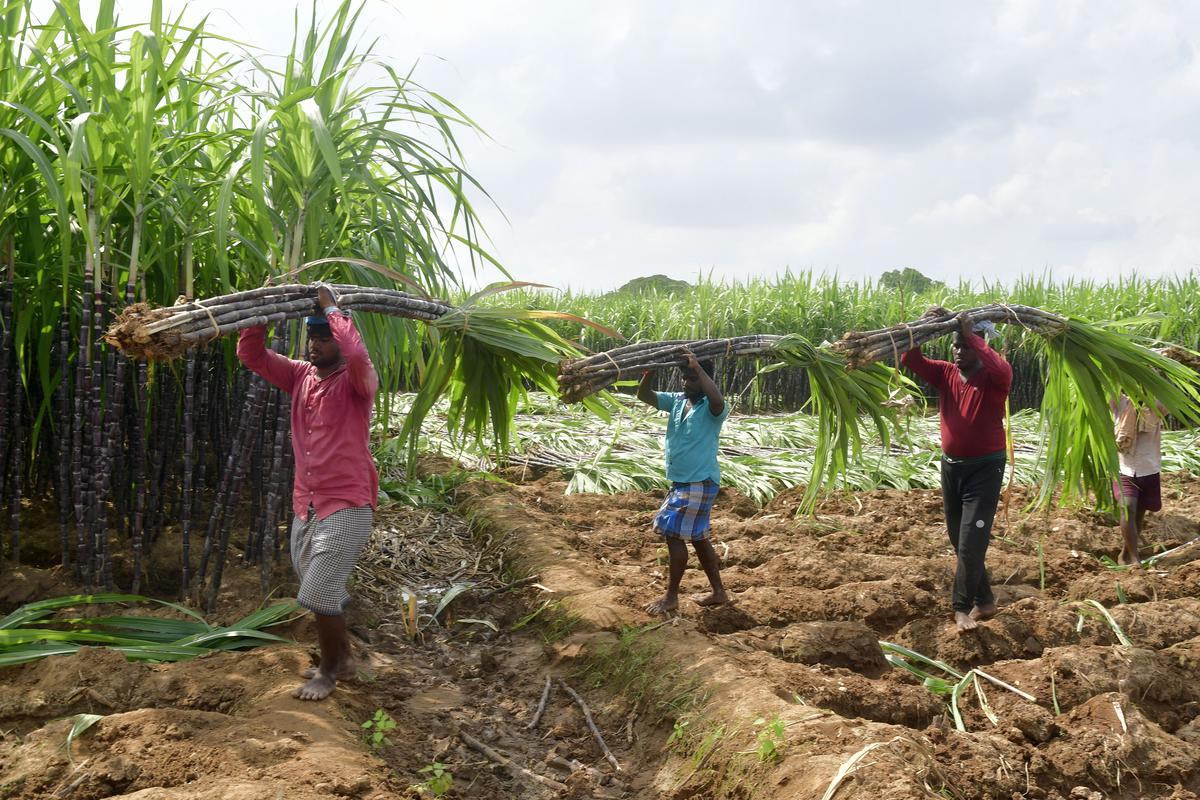Loan write-off cripples fund meant to help farmers, report shows

“The impact of the fund’s ability to operate as a going concern may be greatly affected, and its objective to support agricultural development may not be achieved,” she stated.
An audit has cast doubt on the financial health of the Commodities Fund after the government wrote off billions owed by sugar companies, raising concerns about its ability to support future agricultural efforts.
Auditor General Nancy Gathungu, in a report covering the 2024 financial period, warned that the Fund’s ability to serve its purpose had been greatly weakened by the decision to write off Sh12.4 billion in loans.
"These write-offs represent a direct reduction in the fund’s reserves, potentially limiting its capacity to extend future financial support to agricultural stakeholders," she said.
Although the National Treasury and Parliament approved the loan cancellation in March 2024, Gathungu said the State Department for Agriculture failed to examine how this would affect the Fund’s reserves.
"The impact of the fund’s ability to operate as a going concern may be greatly affected, and its objective to support agricultural development may not be achieved," she stated.
The move, praised by the Kenya Kwanza administration as a way to revive the sugar sector and reduce import costs, has instead raised accountability questions.
Gathungu’s report reveals that the financial records of the five companies involved do not match the amounts written off.
Nzoia Sugar’s books show a Sh219 million difference, while Muhoroni had a Sh7.3 million gap.
For Miwani Sugar, loans were overstated by Sh134 million, and Chemelil Sugar’s figures were off by Sh93 million.
Auditors said they could not confirm the correctness of Sh1.6 billion in loans and advances due to these gaps, which they say point to unreliable financial reporting.
Even though proper procedures were followed in approving the debt write-off, Gathungu said the failure to evaluate its effect shows poor planning. She added that the fund’s future could be compromised if such issues persist.
President Ruto’s agricultural agenda, which includes reforms across sugar and other key crops, now faces pressure to ensure financial decisions do not disrupt long-term goals.
